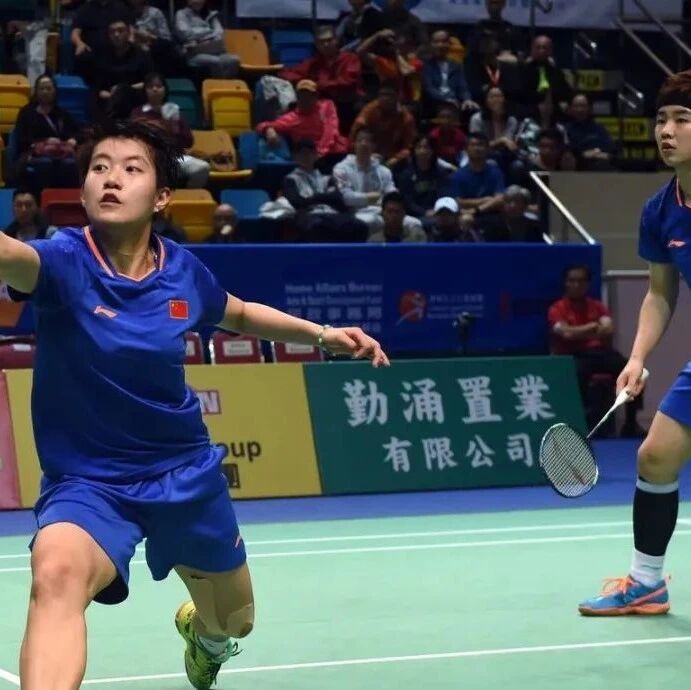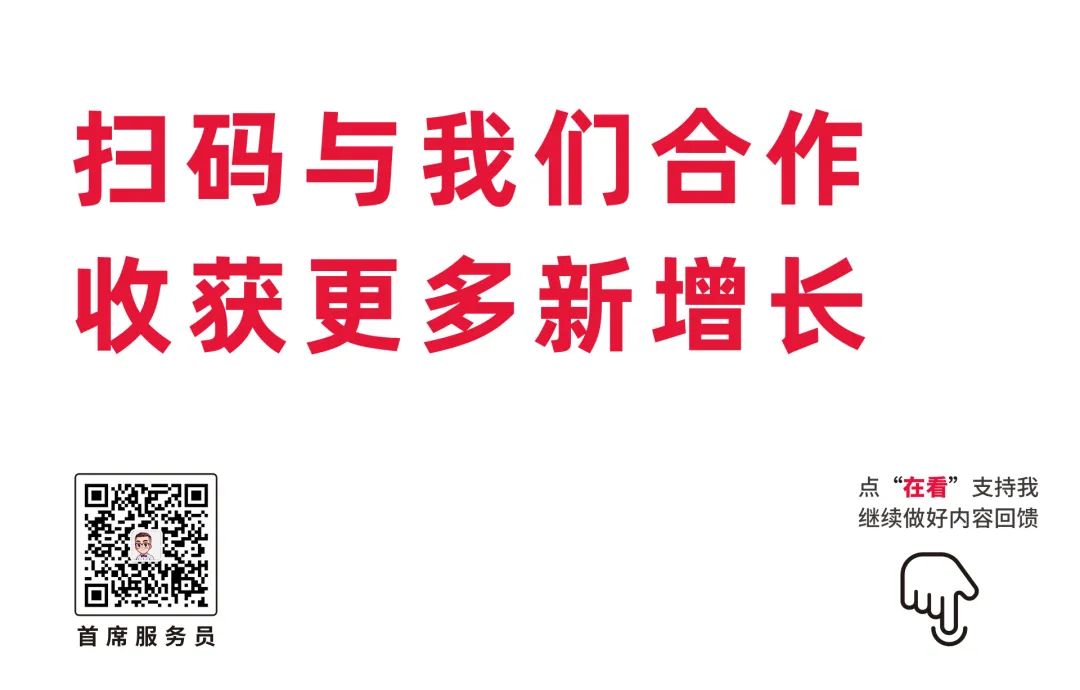Three titles and two runner-up finishes in a row! The renowned coach returns to lead China's weakest badminton discipline through a remarkable transformation, setting their sights squarely on the Paris Olympics gold medal.
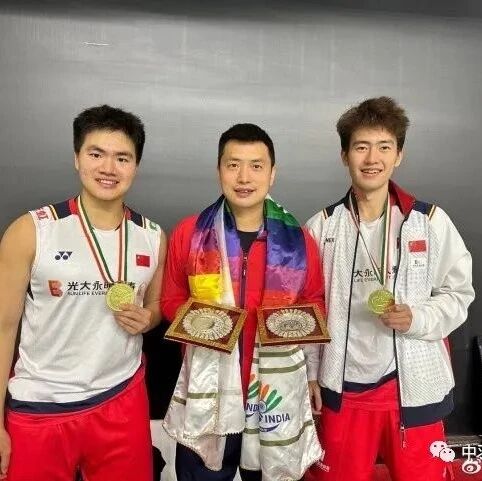
As the 2023 Indonesia Masters concluded, men’s doubles emerged as the event that most pleasantly surprised Chinese fans, securing a remarkable record of three titles and two runner-up finishes across the past five BWF-level tournaments. Credit for this resurgence goes largely to Chen Qiqiu, who has once again taken on the role of head coach.
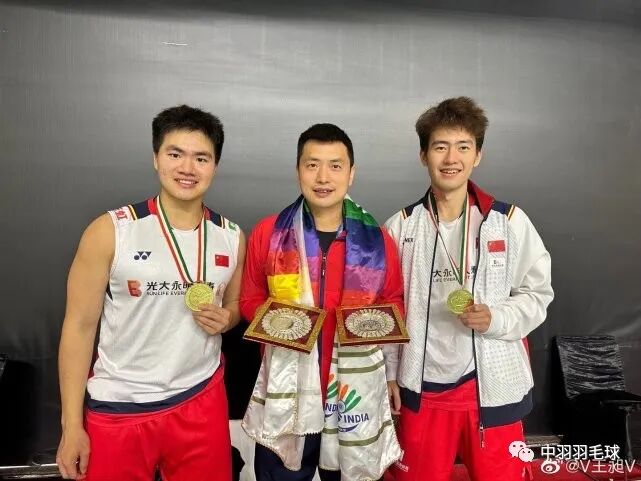
After returning to his role as the head coach of the men’s doubles team for the Chinese badminton squad, Chen Qiqiu implemented a major reshuffle based on the current lineup of top-tier players. As a result, four established pairings—Liu Yuchen/Ou Xuanyi, Liang Weikeng/Wang Chang, He Jiteng/Zhou Haodong, and Ren Xiangyu/Tan Qiang—have all demonstrated impressive competitiveness. Over the past six months of teamwork, these four pairs delivered standout performances across five consecutive BWF events held from late last year into early this year. Notably, Liu Yuchen/Ou Xuanyi clinched two prestigious titles—the 2022 Australian Open and the Finals—while Liang Weikeng/Wang Chang secured runner-up honors at the Malaysia Open and claimed victory at the India Open. Meanwhile, He Jiteng/Zhou Haodong finished as runners-up in the Indonesia Masters.
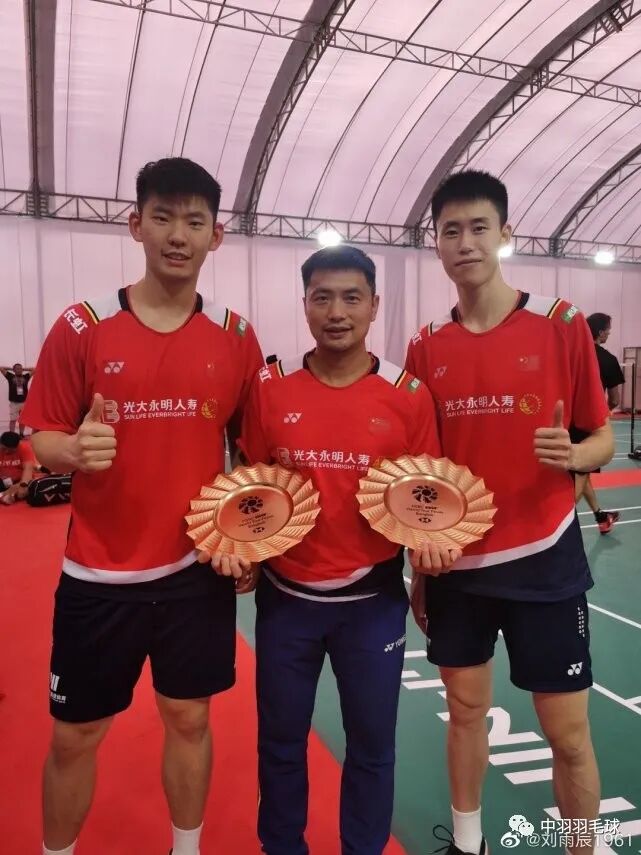
After the Tokyo Olympics, Li Junhui and Han Chengkai, both world champions in their prime, retired due to injuries. Meanwhile, veteran players like Zhang Nan and Liu Cheng gradually stepped back from the international stage. As a result, China’s men’s doubles team once found itself in a tough spot—struggling even to reach the quarterfinals of major open tournaments. Even the newly formed pairings weren’t considered strong contenders. Facing skepticism and doubt, Chen Qiqiu remained unwavering. While meticulously following his training and competition schedule, he also continuously refined the team’s tactics through targeted drills tailored to each player’s strengths and weaknesses. The players, in turn, developed deep trust in their coach, Chen Qiqiu, and, fueled by relentless determination, eventually achieved a remarkable transformation.
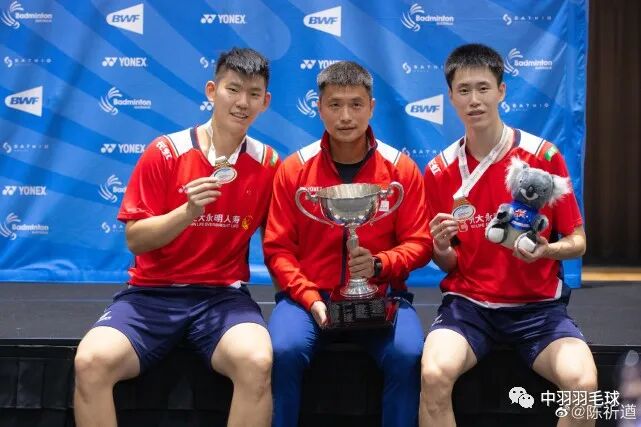
In the history of the Olympics, men's doubles has undoubtedly been the weakest event for China's badminton team, with only the "Fengyun" pair claiming victory—Zhao Jian and Zheng Bo in 2012 in London, and Fu Haifeng and Zhang Nan in 2016 in Rio. However, under Chen Qiqiu's guidance, China's men's doubles pairing has now grown into a force to be reckoned with. Today, four top-ranked pairs are holding their own against Indonesia, the nation traditionally built on men's doubles dominance, ensuring that China won't face another Olympic Games without fielding its full quota of competitors in this event. At the Paris Olympics, no matter which two of these four pairs ultimately represent China, they’ll certainly be strong contenders for the gold medal—and the future of men's doubles in Chinese badminton looks incredibly promising.

Related Articles
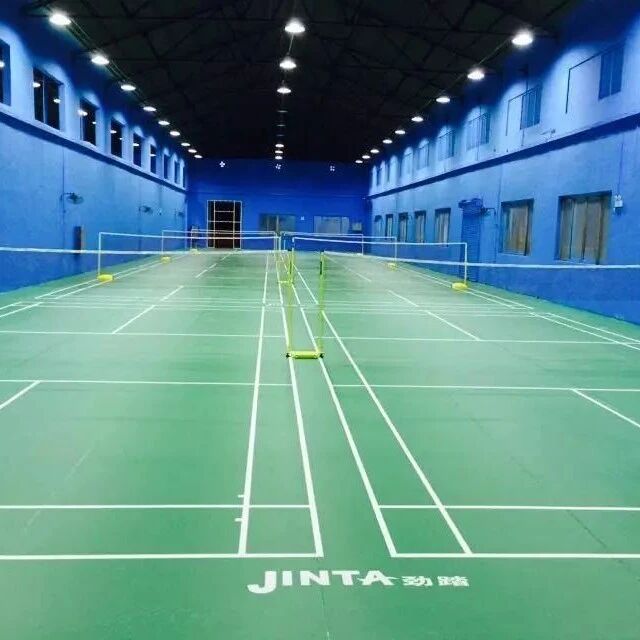
Have you ever done these crazy things just to play basketball?
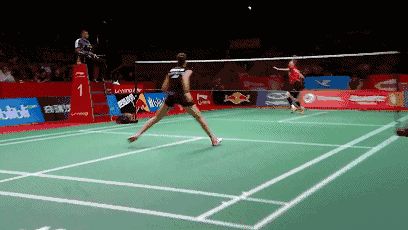
How to play flat hitting
